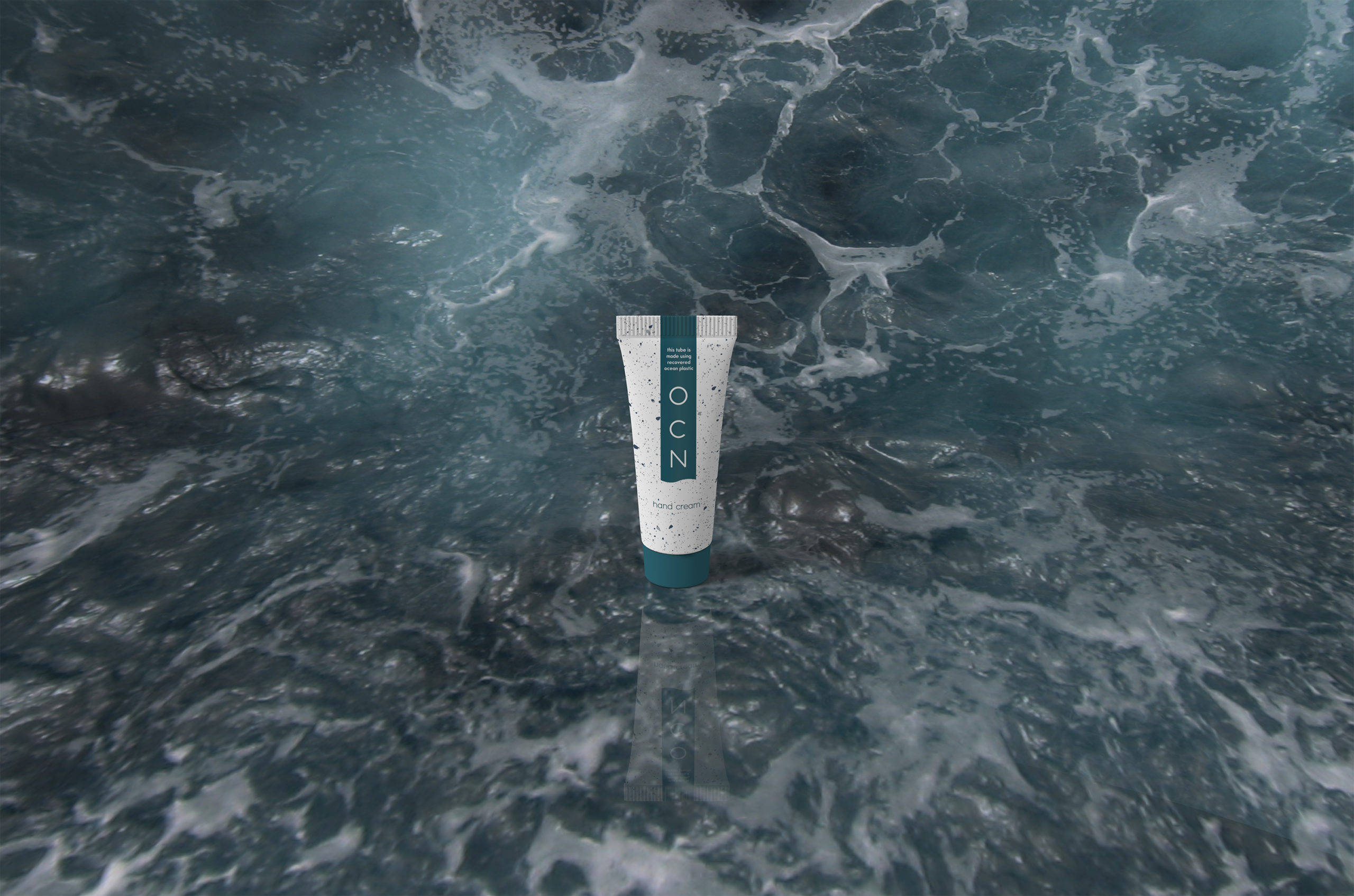Galileo Watermark Makes Waves With Sustainable OCN Cosmetics
Share

APEX Insight: According to IATA, airline passengers created 5.2 million tonnes of waste in 2016. Airlines usually get a bad rap when it comes to the environment, but suppliers are continuing to find innovative ways to help them be more sustainable.
Galileo Watermark’s new OCN cosmetic range uses packaging made from reclaimed and repurposed plastic, collected from oceans and waterways. Designed to offer more sustainable sourcing options to its airline partners, the OCN skincare range provides eco-friendly substance as well as style, and contains cruelty-free, natural ingredients.
But Galileo Watermark doesn’t want the cosmetic line to be just a drop in the ocean. Instead, OCN is being touted as the first in a broader collection of products made from ocean recycled plastic, such as textiles and hard plastic suitable for meal service.
“Our airline partners are working towards more sustainable options.” – Kenny Harmel, Galileo Watermark
OCN plastic was created in response to alarming figures indicating that, in 2050, there will be more plastic in the ocean than fish, as well as the knowledge that plastic marine debris is hurting the world’s marine populations. “The aviation industry is a significant contributor to plastic waste and our airline partners are working towards more sustainable options across all aspects of their sourcing requirements,” said Kenny Harmel, head of Aviation at Galileo Watermark. “We want to support this drive as much as possible by offering innovative solutions to both waste reduction and sustainable material usage.”
Under the slogan ‘from the ocean, for the ocean,’ the company is now working with its travel hospitality partners to offer a closed loop solution so that the plastic does not end up back in the ocean. It hopes to collect, re-recycle and repurpose the plastic, providing it with an infinite life cycle.
There’s already a precedent in the airline industry for creating textiles from recycled plastic. In January this year, Emirates introduced blankets in economy class on long-haul flights made from made from 100% recycled plastic bottles (exactly 28, in fact). The airline estimates that, by the end of 2019, its ecoTHREAD blankets will have rescued 88 million plastic bottles from landfill, which is the equivalent weight of 44 Airbus A380 aircraft.
Sustainable packaging can still make a substantial difference to an airlines’ operations, and sometimes excludes plastic altogether. For example, Virgin Atlantic’s 2017 Sustainability Report explains how it worked with MNH Sustainable Cabin Services to provide headphones to passengers without using the traditional polythene bag, and ended up saving 12 tonnes of plastic each year.
The headphones now fit within Virgin Atlantic’s re-designed ‘Change for Children’ charity collection envelope, which is manufactured on Forest Stewardship Council certified paper. The carrier says this simple move also enabled a 6.5 tonne onboard weight saving across its fleet, meaning it’s reducing carbon emissions too!


